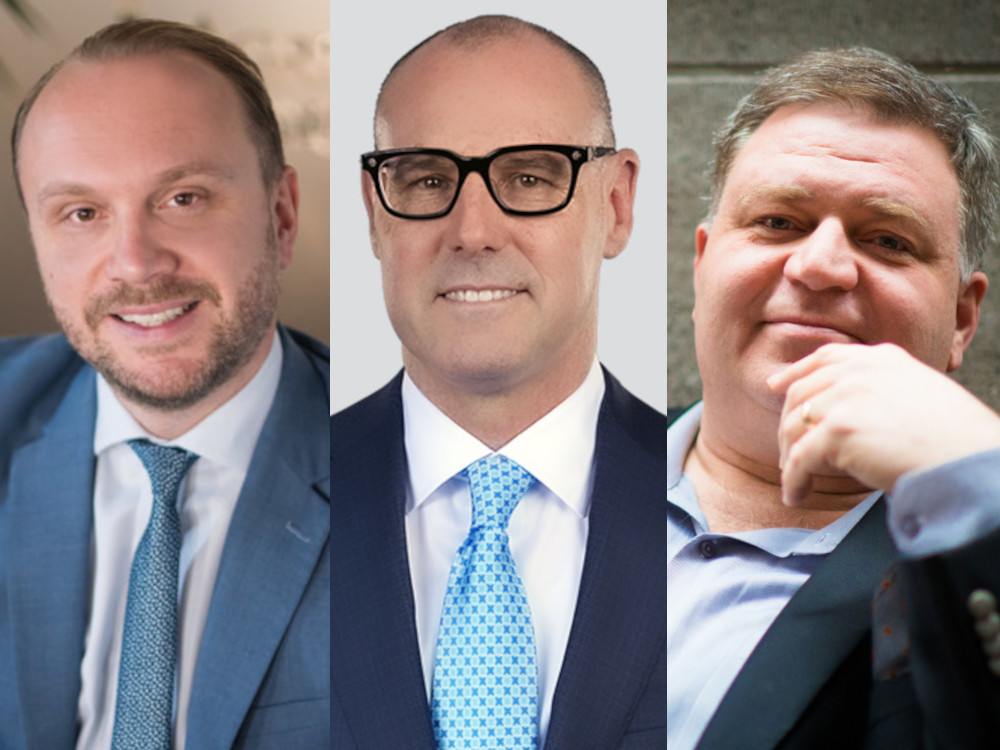Family offices are not immune from the social, economic, demographic and technological challenges facing everyone.
Even opportunities, such as those that artificial intelligence pose, require taking the right steps to use them effectively.
And with a significant wealth transfer underway, how the next generation approaches leadership in enterprise and wealth stewardship becomes a key concern.
Selected voices from the industry look at what are the most likely factors to bring the most significant changes to family offices in the next ten years.
Artificial Intelligence
“The one that is staring everybody in the face is the utility of AI and its implications to be able to do a lot of what human work has typically been able to do, be they administrative tasks or skills,” says Peter Mann, president and co-chief executive officer at Grayhawk Wealth.
The consensus is that AI will likely make its way into a number of daily operations within the family office, but one way it is likely to make a noteworthy impact is in direct investing.
From identifying new investment opportunities to assisting in the due diligence process, AI has a number of applications in this activity, as these algorithms have the ability to analyze market data, news sentiments and various other factors to give up-to-date and relevant investor information.
“Imagine being able to apply AI to the scrutiny of compliance and regulatory framework,” says Mann.
Carol Schleif, chief investment officer for BMO family office, says that generative AI has been around for a number of years already and many companies have been trying to see where it fits into their operations.
While she says there are definitely opportunities for AI in family offices, it is important for companies looking to move into the future with the tech to take the right steps to use it effectively.
“The key is you have to make sure that it’s trained on the right data set and the data set is clear and that you’re trying to be careful, especially if it’s any sort of people-related issue. You’re trying to make sure that biases aren’t in the system and … you’re figuring out who can deploy it for good causes.”
The rise of impact investing
Whether it is to reverse or slow the effects of climate change or shift the makeup of the country’s boardrooms, impact investing is gaining traction in family offices, particularly with the rising generations.
Arthur Salzer, chief executive officer and co-chief investment officer at Northland Wealth Management, explains that while it’s not always under the heading of ESG (environment, social, governance), it can be significantly more tailored to each family office.
“These next generations and rising generations, they want to be able to invest the money and make a good return, not give away the family’s capital, but then still benefit society as well,” says Salzer.
“It’s not so much the metrics of ESG, but it’s more along the lines of each family having views on how they wish to help society. There are many different ways to do that, and they’re trying to measure that help, as well.”
He references the work of Antonio ErmÃrio de Moraes Neto, who was born into one of the wealthiest families in Brazil and has gone on to be a globally recognized leader in impact investing. With the creation of Vox Capital, de Moraes Neto set out to change what he saw as social inequality in his country through investment into sectors like healthcare and education.
But there is no clear path to addressing impact investment in families, he notes, given “the various views of families.”
In the United States, there are several organizations that allow investors to channel their allotted funds into a particular location, such as a neighbourhood, and Salzer says he hopes that those types of targeted solutions could make their way to Canada.
“It would be great to have that kind of policy looked at in Canada in order to either revitalize older, poor neighbourhoods or possibly to bring on market solutions, which could address some of the tightness in housing that we’ve seen across many urban areas in Canada,” he adds.
Schleif echoes that the next generation in enterprising families is showing an uptick in socially-conscious mindset and intention, which can sometimes run counter to how the wealth was created.
“I see it a lot in Northern Minnesota because there’s a lot of families in my home state of Minnesota that their wealth was created by minerals, mining, things like that,” explains Schleif.
“Then you’ve got the younger generations that are very sensitive to sustainability, climate change, and they want ESG efforts.”
Education of the next generation
Succession is a significant concern among many enterprising families and it is an important part of any wealth preservation plan, but it cannot be done overnight and it often requires communicating with the next generation at a young age.
“How do you educate family members under 40 and even under 25 about the roles and the responsibilities of working in their family enterprise or working or serving family offices? I think that’s really where the challenge is going to be, and that trend is just beginning,” says Salzer.
He adds that there is a significant amount of wealth transfer expected to happen in the next few years and family offices have a big part to play.
More from Canadian Family Offices
- Biggest issues facing Canada’s family businesses
- Great inheritance equalizer for business-owning families: life insurance
- Divesting may not be the right ESG move
- Gen Z, where etiquette, social graces and networking skills are dying on the vine
Please visit here to see information about our standards of journalistic excellence.



